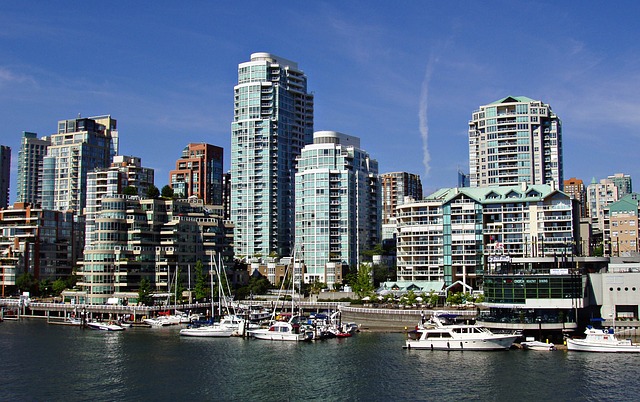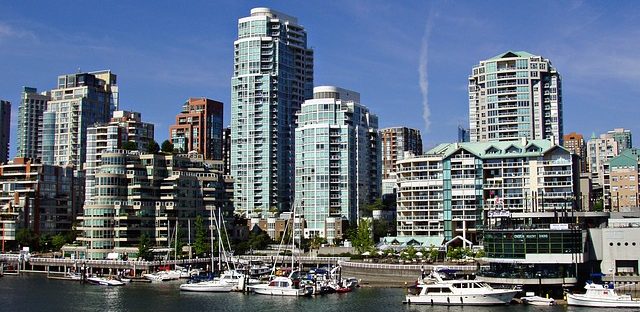- Target: 100% renewable energy by 2050
- Status: In progress
- RES: Renewable energy mix, and energy efficiency measures.
- Implementation: Vancouver is the most densely populated city in Canada, and the largest city in the Province of British Columbia. It is also part of the third largest Canadian metropolitan area, Metro Vancouver. The city is often recognized as one of world’s most livable city thanks to its compact urban fabric and mixed-use development. It is an active economic centre due to its location on the Pacific Rim. Vancouver sea-port, Port Metro Vancouver is the third largest port in tonnage in North America. In December 2015, the city decided to commit to a 100% renewable energy target by 2050. To achieve this, it laid out the "Renewable City Strategy 2015-2050", which would not only be in line with Vancouver’s compliance with the UN Covenant of Mayors in October 2015, but also the Greenest City 2020 action plan. Based on thorough research and analysis of current energy consumption data, international best practices and civil society consultation and expertise, the city's Strategy draws clear guidelines on buildings and transport, which account for 90% of the city energy consumption. To reach the 100% RE goal, the city will involve private and public stakeholders such as businesses, citizens and all levels of government (local, regional, provincial, and federal). By expanding distributed energy systems and improving existing city infrastructure, Vancouver also aims to reduce its greenhouse gas emissions by at least 80% below 2007 levels before 2050, and decrease its energy use from 53.3 million GJ in 2014 to 38.3 million GJ by 2050.
- Population: 631,486 (city), 2,463,431 (metro)(2016)
- Area: 114.97 km2 (44.39 sq mi)(city), 2,878.52 km2(1,111.40 sq mi)(metro)
- Link: City of Vancouver: Renewable City Strategy 2015-2050

